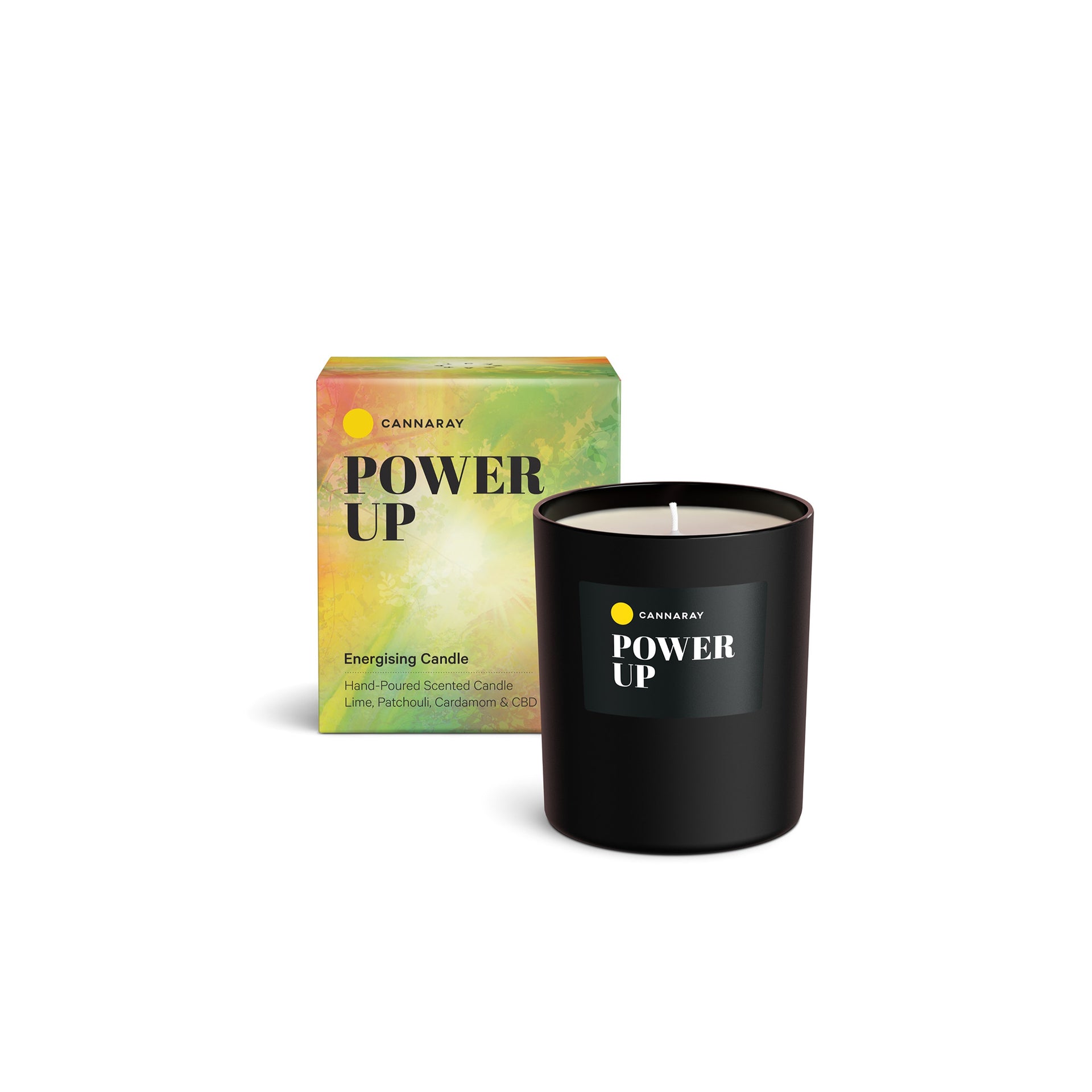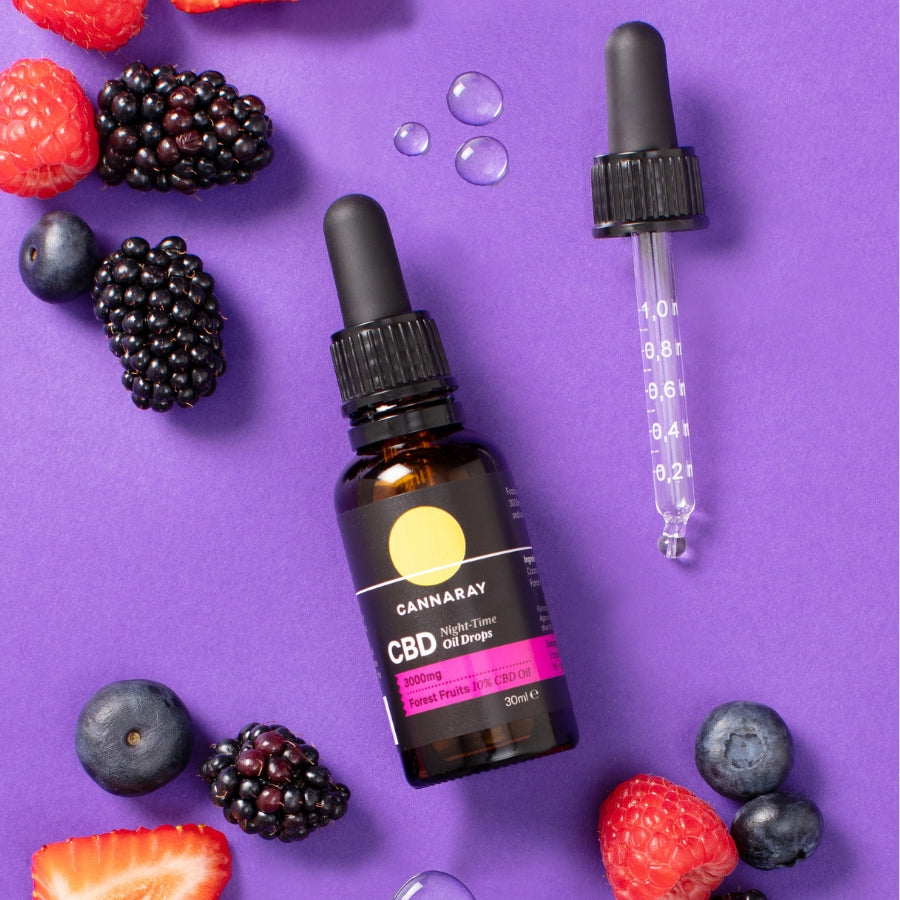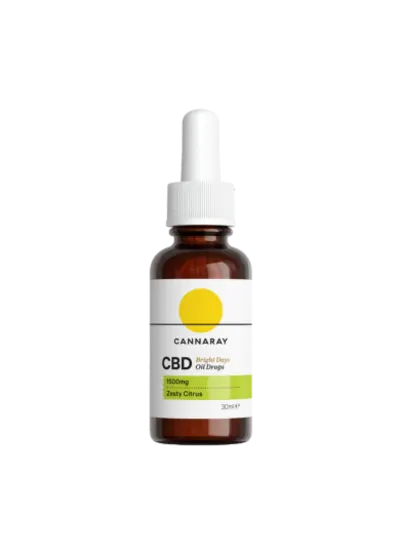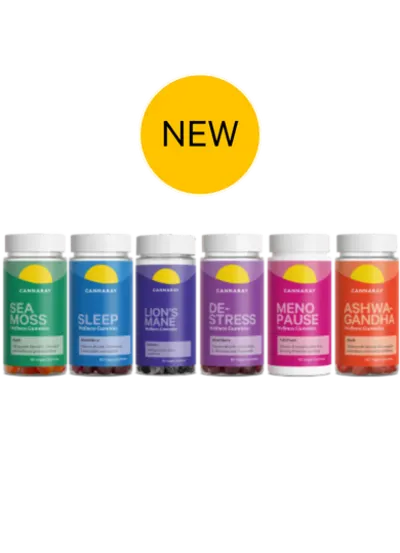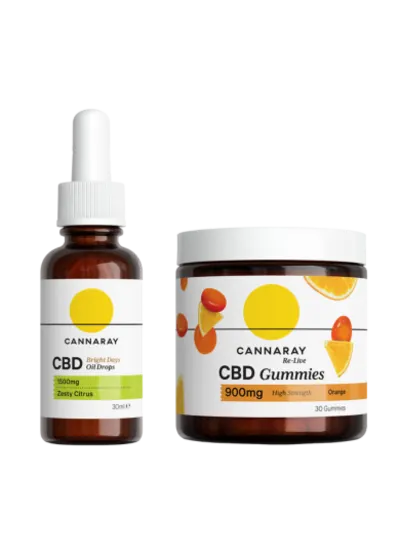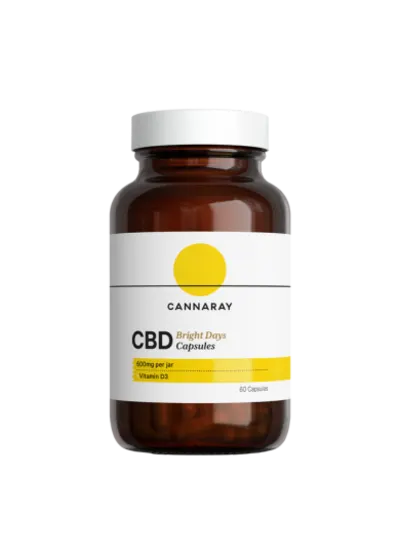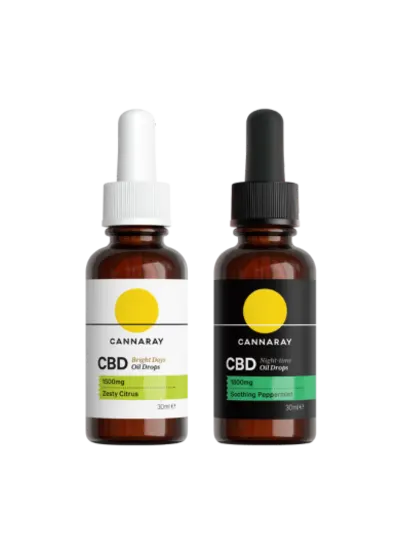You might have heard the term 'Novel Food' combined with CBD - but what does it all mean? Here we break down everything you need to know about the Food Standard Agency's Novel Food regulation and what it means for you and the wider CBD industry.

What is a Novel Food?
The term 'Novel Food' was coined by the European Commission to define "food that had not been consumed to a significant degree by humans in the EU before 15 May 1997", when the regulation first came into force.
CBD falls into this categorisation (since January 2019) as do some other familiar health food items including chia seeds.
What the regulations boil down to is that all products classified as Novel Foods must comply with the Food Standard Agency’s regulatory process to be sold on the market, including meeting the following underlying principles:
- Safe for consumers
- Properly labelled, so as not to mislead consumers

Is CBD a Novel Food?
CBD's status as a Novel Food was confirmed in January 2019 by the European commission. Following this, the Food Standards Agency (FSA) began an extensive regulatory assessment of the CBD category to review each and every CBD product that is sold in the UK.
It's a exciting time for the millions of people who use CBD every day, as the FSA's process ensures rigorous standards of product safety and quality within CBD. It ensures that only the best brands remain on sale, and that CBD-lovers can purchase quality CBD products with confidence.
There's benefit for the industry too; as poor-quality CBD products that give CBD a bad name will be removed from sale.

Are Cannaray CBD Products Compliant with Novel Food Regulations?
Yes, all Cannaray CBD food supplement products are compliant with the Novel Foods regulatory process and have been validated by the FSA. Cannaray CBD can be found on the FSA's published list of CBD brands.
What Does Novel Food Mean for CBD?
Tim Clarke, Managing Director of Cannaray CBD, breaks out five key trends we now expect to see in the CBD industry in 2023 since the FSA's published announcement on Novel Foods for CBD.

1. Confident CBD Customers
Consumers will be able to buy CBD safely – knowing that all CBD brands on the market have submitted credible dossiers to the FSA. CBD will continue its path to becoming a trusted mainstream sector alongside other established food supplement categories. We will also see some of the CBD myths starting to fade away (for example 25% of adults still incorrectly believe that CBD makes you high) - source: Mintel, Vitamins & Supplements, 2021.

2. CBD Drops on Top and Yummy Gummies
CBD Oil will remain the top-selling format in the short-term, due to the advanced absorption of dosing the product under the tongue. The dominance of CBD oil will soon be challenged by a surge in CBD gummies sales, mirroring the growth trend of gummies seen in the vitamins category.

3. CBD in the Spotlight
CBD advertising is expected to grow, as brands invest with confidence, knowing that their product dossiers are progressing on track within the FSA Novel Foods process.
Advertising revenues peaked in 2019 (source Nielsen AdIntel), before decreasing during the pandemic and initial stages of the Novel Food process. Expect to see new highs in TV, Outdoor and Digital Advertising spending over the next 12-18 months which will only continue CBD's rapid consumer adoption in the UK.

4. CBD's Silicon Valley Boost
As a regulated market, the UK CBD category will become easier and safer for the Silicon Valley giants to open up and monetise via their advertising channels. The only question is who will move first: Meta with Facebook and Instagram, or Google and YouTube. The opportunity for CBD brands to advertise on these platforms will be the catalyst for a huge category growth boom.
Meta and Google will have seen the success of Amazon’s 18-month pilot programme for CBD brands in the UK and the recent announcement of eBay also entering the fray.

5. Building CBD Brands & Buying CBD Brands
Now that quality is becoming a given within the category, the focus will shift to classic brand-building activities as brands compete in-store, online and in advertising to become the best known and most trusted in the market.
We will continue to see brand consolidation within the market, as well capitalised brands with strong strategic capability gain share.
Publication of the FSA Public List is also likely to increase the rate of acquisitions by the large North American cannabis players, as well as attracting the attention of the FMCG branded giants who can’t launch their own brands until ingredients are fully authorised by the FSA in 2023.









